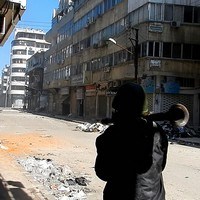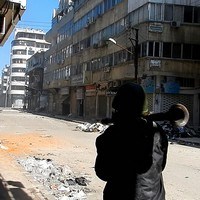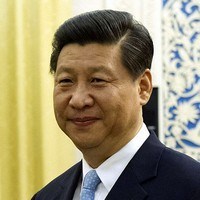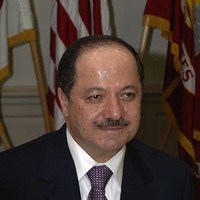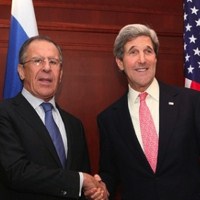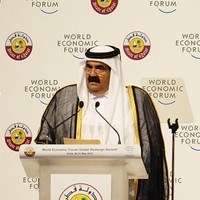
Since the start of the Middle East uprisings in early 2011, the region has slipped into a period of uncertainty, with a battle for political influence and legitimacy stretching across state borders. Two rich countries in the Persian Gulf region, Saudi Arabia and Qatar, have operated with different and sometimes divergent strategies for trying to shape the political transitions in Egypt and impact violent struggles for power in places like Syria. Understanding this dramatically changed regional context is important in analyzing the approaches of Qatar and Saudi Arabia. Since 2011, the competition for power and influence in the Middle East […]

